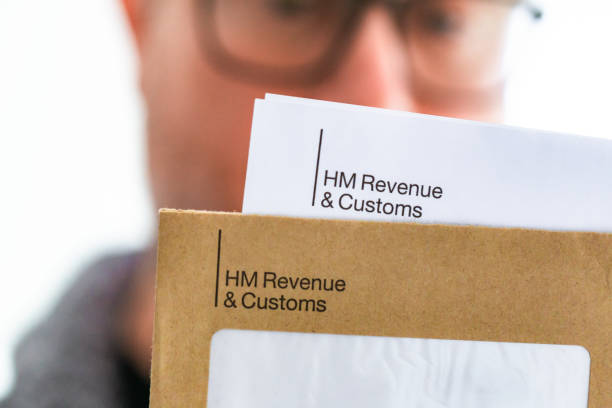
How to Handle HMRC Penalties and Appeals: A Comprehensive Guide
Handling HMRC penalties and appeals can be a daunting task, but understanding the process and your rights can significantly improve your chances of resolving disputes effectively. This article provides a step-by-step guide on how to navigate the system, from understanding the types of penalties to successfully appealing them.
Understanding HMRC Penalties
HMRC issues penalties for several reasons, including late filing, late payment, inaccurate returns, and failure to keep records. Each type of penalty has specific rules and deadlines for appeal.
Types of Penalties:
- Late Filing: Failing to submit tax returns on time.
- Late Payment: Paying taxes after the deadline.
- Inaccurate Returns: Submitting tax returns with errors or inaccuracies.
- Failure to Keep Records: Not maintaining adequate financial records.
Appealing HMRC Penalties
Appealing a penalty involves several steps, starting with submitting your appeal within the specified timeframe.
Steps to Appeal:
- Initial Appeal: You must appeal within 30 days of receiving the penalty notice. If you miss this deadline, you’ll need to justify the delay.
- HMRC Review: If HMRC rejects your appeal, you can request a review by a different officer. This is an opportunity to provide additional information that might have been missed initially.
- Tax Tribunal: If the review does not resolve the issue, you can appeal to the First Tier Tribunal. This can be done through an oral hearing or in writing.
Forms and Methods for Appealing
- Online Appeal: Use your Government Gateway account to appeal online. This is the quickest method and requires details such as the penalty issue date and your reasonable excuse.
- Postal Appeal: Use forms SA370 for individuals or SA371 for partnerships. Include your UTR number and a detailed explanation of your reasonable excuse.
- Letter: If no form is available, send a signed letter with all necessary details to HMRC.
Reasonable Excuses
A reasonable excuse is crucial for a successful appeal. HMRC takes a narrow view, but the Tribunal may consider broader circumstances. Examples include:
- Serious illness or disability
- Bereavement
- Technical issues preventing submission or payment
- Postal delays beyond your control.
Success Rates and Professional Help
Engaging a professional can significantly improve your chances of success. Many firms offer services on a “no win, no fee” basis.
Additional Options
- Alternative Dispute Resolution (ADR): An impartial mediator can help resolve disputes without going to tribunal.
- Time to Pay Arrangements: If you cannot pay the penalty immediately, you can negotiate a payment plan with HMRC.
Conclusion
Navigating HMRC penalties and appeals requires careful planning and understanding of the process. By following these steps and ensuring you have a reasonable excuse, you can effectively manage and potentially reduce or eliminate penalties.
Additional Resources:
- Tax Aid: Offers detailed guidance on late tax returns and appeals.
- Free Agent: Provides practical advice on appealing Self-Assessment penalties.
- GOV.UK: Official guidance on appealing tax penalties and decisions.